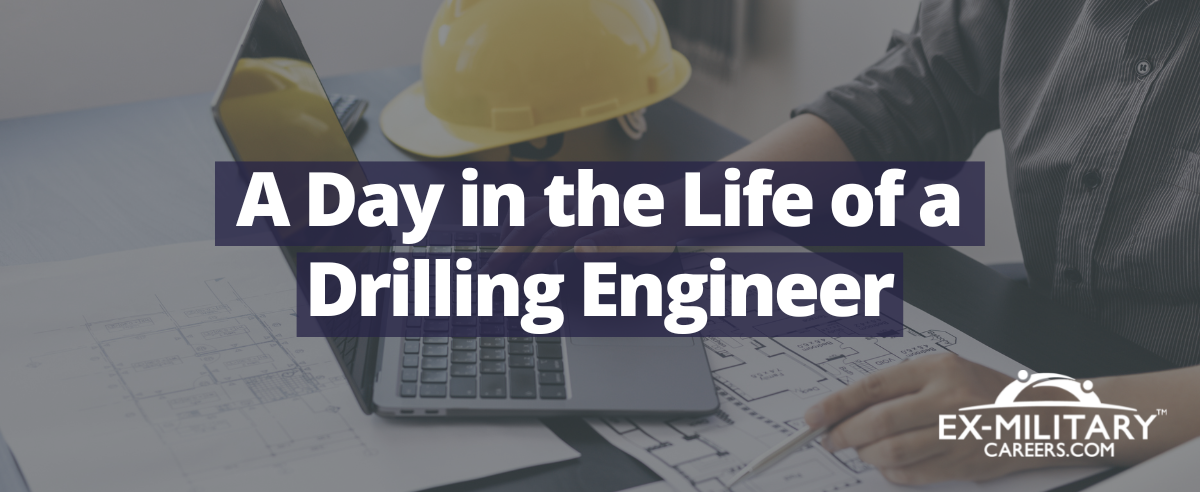
As a drilling engineer, you'll plan, develop, and supervise the operations necessary for drilling oil and gas wells. You'll be involved from the initial well design to testing, completion, and abandonment and will be responsible for costs.
What’s more, work is often on land, offshore platforms or mobile drilling units, employed either by the operating oil company, a specialist drilling contractor or a service company.
As a drilling engineer, you'll be expected to prepare well data sheets, design and select well-head equipment as well as draw up drilling programs being sure to take account of desired production flow rates.
Other job duties include obtaining relevant data, carrying out engineering analysis on-site, recommending necessary actions and writing up reports for colleagues and additional stakeholders.
Day-to-day tasks may consist of monitoring the daily progress of well operations, keeping track of current daily costs, comparing actual costs with expenditure proposals and recommending cost-effective changes. You’ll also be expected to liaise with specialist contractors and suppliers, such as cement companies or suppliers of drilling fluids, whilst adhering to environmental protection standards - in some cases through direct discussion with local governments to ensure compliance with legislative requirements.
If you’re looking to apply for a drill engineer role, it’s good to have the following skills:
strong communication and interpersonal skills
ability to build and maintain relationships with a range of people.
a good technical understanding of the scientific principles of disciplines
a high level of numeracy and IT skills
the analytical ability to think through potentially complex problems and develop solutions.
By starting your career with a large oil company, you can gain valuable experience managing a single well under supervision before quickly moving on to manage multiple drilling and production operations, both offshore and onshore. With training programs that typically last up to five years, you can acquire the skills and knowledge needed to advance your career and take on greater responsibilities.
While job changes every 18 months to two years may be required, this provides you with a chance to work on new projects and in different locations, further expanding your skillset and expertise. Additionally, you'll have the opportunity to progress into management roles within the oil industry or remain in a technical role as an engineer, using your expertise to access and develop the latest technology for drilling.
An independent consultancy is also a viable option for those looking to carve their own path in the industry. While there may be ups and downs, the rewards for hard work are substantial. With so many opportunities for advancement and growth, starting your career in the oil industry could be the best decision you'll ever make.
Engineering is a rapid-growing field, with a plethora of opportunity globally. The skills possessed in Engineering are in high-demand, offering employment typically by multinational organisations.
Veterans would suit a career in this field due to their experience in thinking analytically to solve complex and often multiple problems under pressure. It is an essential field with great opportunity to utilise the interpersonal and leadership skills encountered in the military that highlight a clear USP for veteran talent in this sector.
If you’d like to find out more about our services or job vacancies, get in touch with our team or visit our jobs page.